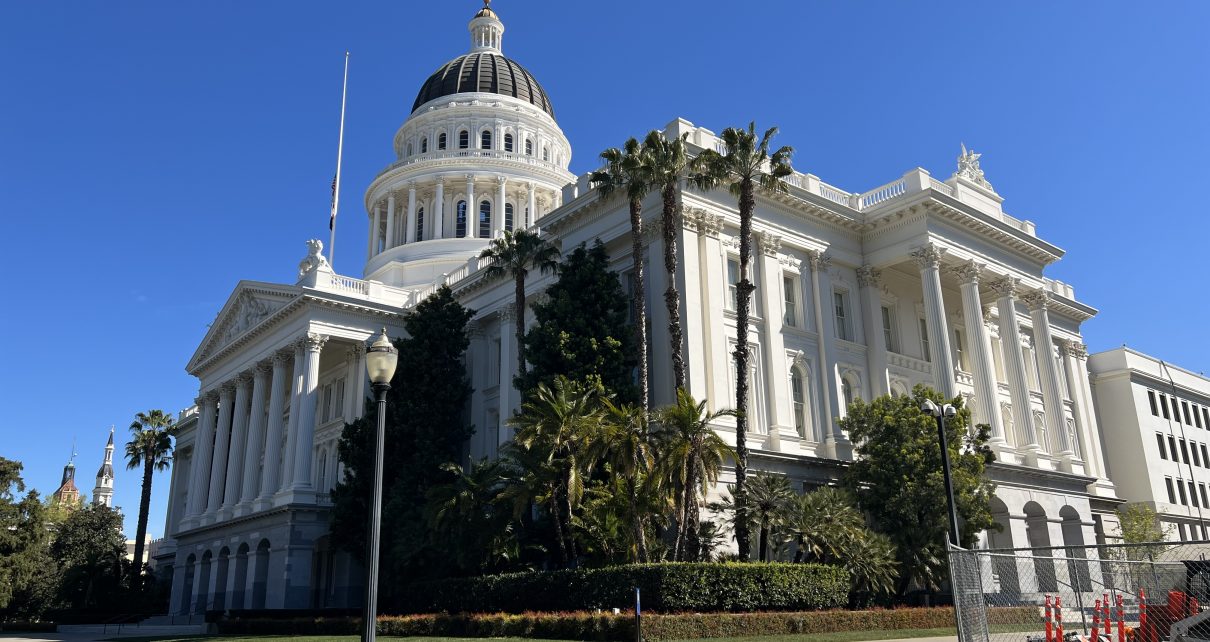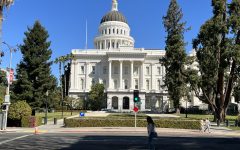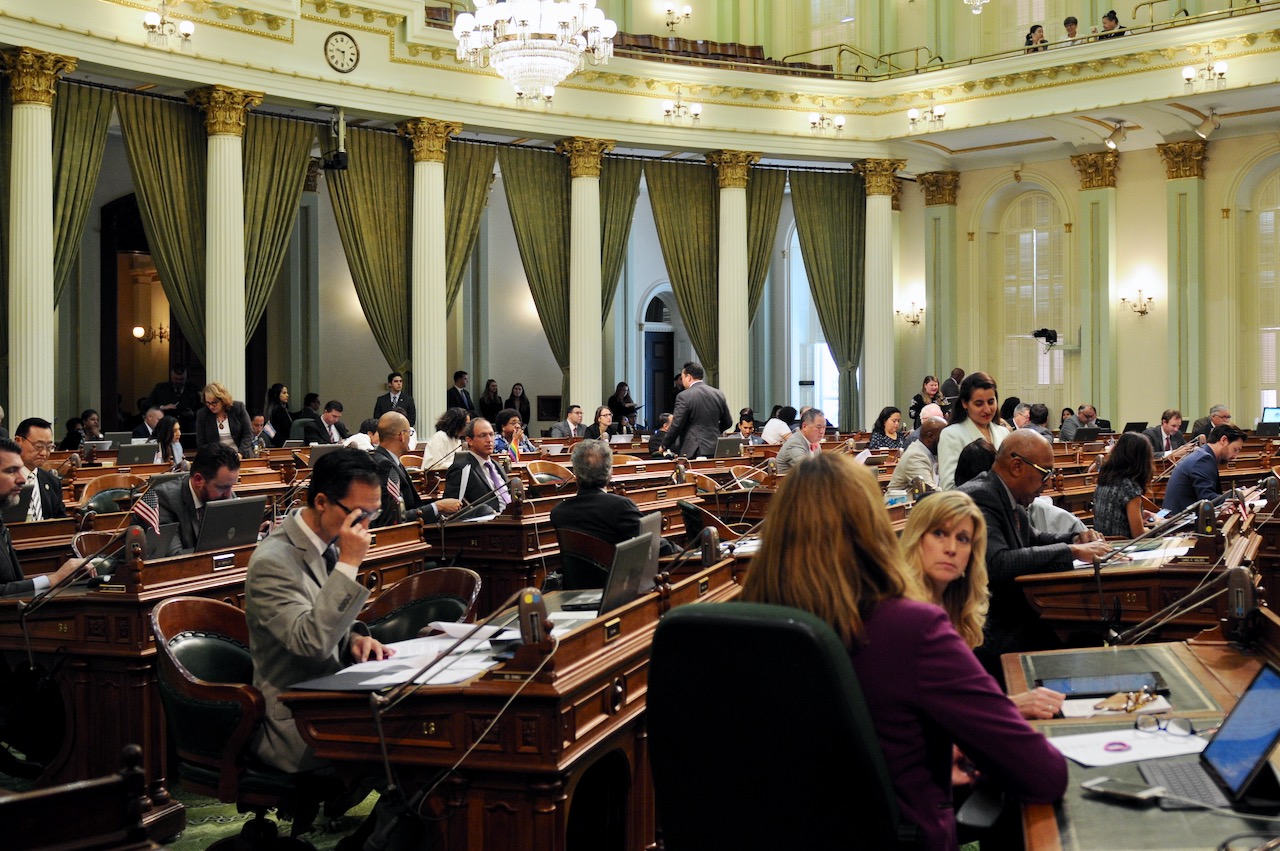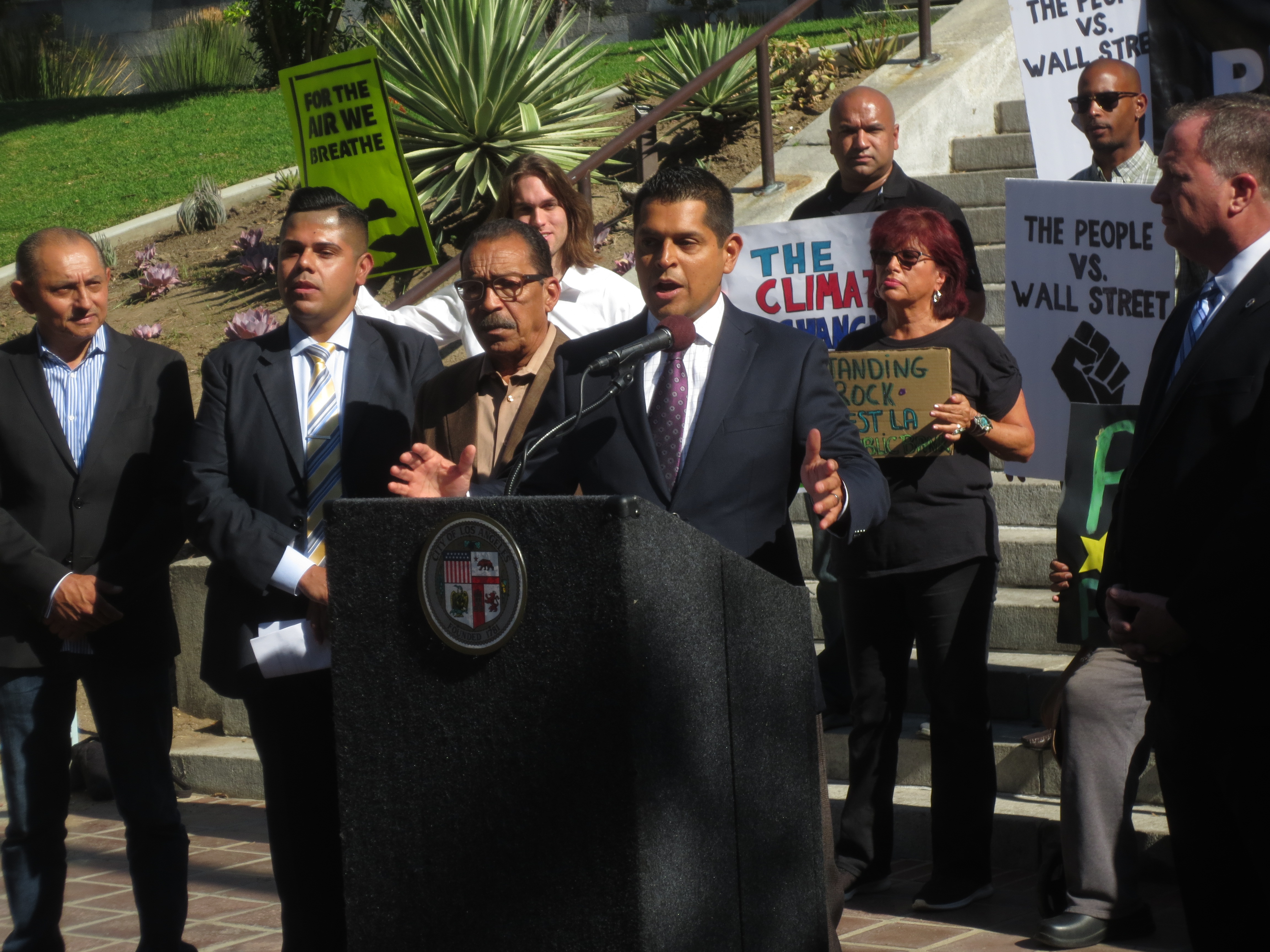
California State Capitol. (Photo: Kevin Sanders for California Globe).
General Rules of Withholding Tax on Wages
EDD has the powers to administer the reporting, collection, refunding to the employer, and enforcement of taxes required to be withheld by employers
By Chris Micheli, July 27, 2024 8:00 am
California’s Unemployment Insurance Code in Division 6 concerns withholding tax on wages and Chapter 1 contains general provisions. Section 13000 provides that the Employment Development Department (EDD) has the powers and duties necessary to administer the reporting, collection, refunding to the employer, and enforcement of taxes required to be withheld by employers.
Section 13001 states that specified definitions apply to this area of law. Section 13002 provides that specified provisions of the UI Code apply to any amount required to be deducted, reports, and paid to the EDD.
Section 13003 provides definitions for the following terms: corporation, fiduciary, fiscal year, foreign country, Franchise Tax Board, spouse, individual, military or naval forces, nonresident, partnership, person, resident, state, taxable year, taxpayer, trade or business, and United States.
In addition, specified provisions of the Revenue and Taxation Code are incorporated by reference and apply to this area of law, including: trade or business expense; deductions for retirement savings; distributions of property by a corporation to a shareholder; deferred compensation; partners and partnerships; gross income of nonresident taxpayers; postponement of the time for certain acts by individual in or in support of the Armed Forces; and, disclosure of information.
Section 13004 defines the term “employee.” Section 13004.1 provides that the term “employee” does not include any individual if all specified conditions exist. Section 13004.5 states that “employee” also means specified individuals under the Business and Professions Code as well as the Labor Code.
Section 13004.6 states that the term “employee’ does not include any member of a limited liability company that is treated as a partnership for federal income tax purposes. Section 13005 provides that the term “employer” means any individual, person, corporation, association, partnership, or limited liability company, or any agent, doing business in this state, deriving income from sources within this state, or in any manner whatsoever subject to the laws of this state, as well as public agencies.
Section 13005.7 states that an employment agency is not deemed the employer of the domestic worker. Section 13006 defines the term “gross income.” Section 13007 defines the term “miscellaneous payroll period.” Section 13008 defines the term “payroll period.” Section 13009 defines the term “wage.”
Section 13009.5 defines the term “wages subject to personal income tax.” Section 13010 defines the term “withholding agent.” Section 13011 requires the EDD to retain the possession and control of all records, papers, offices, equipment, supplies, moneys, funds, appropriations, land, and other property real or personal held for the benefit or use of the Franchise Tax Board in the performance of the duties, powers, purposes, responsibilities, and jurisdiction of the Franchise Tax Board.
Section 13013 states that all regulations adopted by the FTB remain in effect and are fully enforceable unless and until readopted, amended, or repealed by the director. Section 13014 provides that this area of law does not apply to the payment of interest obligations not taxable under this law.
Section 13015 provides that EDD is authorized to require such information with respect to persons subject to the taxes imposed by this division as is necessary or helpful in securing proper identification of such persons.
Section 13016 states that, when necessary to make effective the provisions of this division, the name and address of the recipient of income must be furnished upon demand of the person paying the income. Section 13017 specifies that the provisions of any law effecting changes in withholding under this division begin according to the Revenue and Taxation Code.
Section 13018 states that the information furnished or secured is to be used solely for the purpose of administering the tax laws or other laws administered by the person or agency obtaining it. Any willful unauthorized inspection or unwarranted disclosure or use of the information by the person or agency, or the employees and officers thereof, is a misdemeanor.
Section 13019 provides that, with respect to tax advice, the protections of confidentiality that apply to a communication between a client and an attorney also apply to a communication between a taxpayer and any federally authorized tax practitioner to the extent the communication would be considered a privileged communication if it were between a client and an attorney. This section also defines the terms “federally authorized tax practitioner,” “tax advice,” and “tax shelter.”
- Designating ‘Spot’ Bills in the California Legislature - March 2, 2026
- Regulatory Powers of the Fish and Game Commission - March 2, 2026
- Committee Versus Floor Lobbying - March 1, 2026




